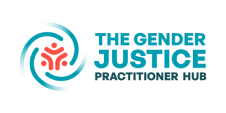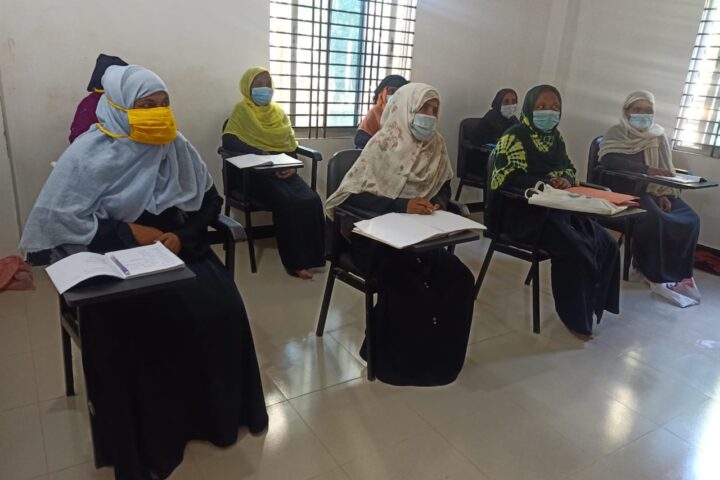As we mark International Women’s Day 2025, we do so in a year already shaped by turbulence, conflict, and renewed threats to gender justice. Increased armed conflict, political instability, retraction of crucial humanitarian aid, and restrictions on fundamental human rights have reinforced a sobering message: progress is neither linear nor guaranteed. Now more than ever legal practitioners, including investigators, prosecutors ,and human rights defenders, play a vital role in fighting for justice, challenging impunity, and ensuring that survivors’ voices are centred.
Globally, legal practitioners have accrued extensive knowledge and developed critical experience in implementing innovative strategies to secure justice for core international crimes. Practitioners have secured landmark legal judgments, demonstrating that justice can be achieved for women and girls. For example, in 2023, six members of Shanti Mohila—an informal network of Rohingya women displaced from Myanmar during the 2017 ‘clearance operations,’ who now champion international justice for their community in Cox’s Bazar, Bangladesh—travelled to Argentina to provide witness testimony in the universal jurisdiction case against Myanmar government officials for the crime of genocide and crimes against humanity. In February 2025, a federal criminal court in Buenos Aires ordered arrest warrants against 25 Myanmar officials for genocide and crimes against humanity.
Practitioners have also been quick to learn from instances where gendered impacts were overlooked, or where survivors could have been better involved, such as the 2024 failure to secure convictions for any of the gender-based crimes, including gender persecution, charged against Al Hassan Ag Abdoul Aziz Ag Mohamed Ag Mahmoud (‘Al Hassan’) at the International Criminal Court.
Utilising this knowledge will help us overcome the discriminatory hierarchies that prevent equal and effective access to justice for women, girls and other groups affected by gender discrimination. Practitioners at all levels in all regions must have access to the tools and resources they need to effectively leverage this expertise and advance gender justice around the world.
Further, broader coordination and solidarity amongst all practitioners must be enhanced. All too often, those investigating and prosecuting gendered violations within accountability institutions are siloed or sidelined. There is a pressing need for spaces where practitioners can come together, share their experiences, discuss current challenges, and think creatively about how best to champion gender justice.
It is with this gap in mind that the Gender Justice Practitioner Hub (GJP Hub) was created. The GJP Hub is committed to fostering collaboration, sharing resources, and supporting those at the forefront of the fight for justice. This year, the GJP Hub will work closely with practitioners the world over – to support their work and strengthen gender justice outcomes.
Women around the world face a rising tide of opposition as they fight tirelessly for their fundamental rights and for an end to impunity for international crimes. But with the right knowledge, networks, and support, practitioners and survivors can overcome this and secure a more just and equal society for us all.
This International Women’s Day serves as a poignant reminder that that justice is never guaranteed, and we all play an important part in the fight.

